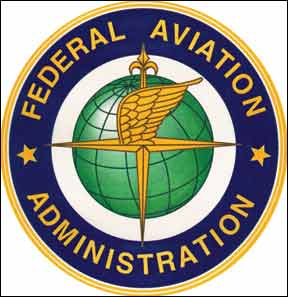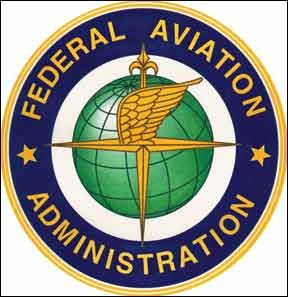May you live in interesting times” is often referred to as a Chinese curse, though its provenance isn’t clear. Unfortunately, the times have become increasingly “interesting” at the FAA.

288
Most recently, Administrator Randy Babbitt’s resignation in the aftermath of his DUI arrest will leave the agency rudderless. Babbitt’s deputy, Michael Huerta, was named acting administrator but given next year’s looming general election, it’s likely Congress will refuse to even consider confirming a full-time replacement until at least January 2013. As such, Babbitt’s departure and Huerta’s acting appointment means the FAA will operate without a long-term administrator for the third occasion in less than 10 years. Given everything on the FAA’s plate, this couldn’t come at a worse time.
Regardless of what one believes are favorable outcomes, the agency has many important irons in the fire: the NextGen ATC system, pilot-rest rules, ongoing Congressional failure to provide multi-year funding and concerns over a company called LightSquared’s attempt to build wireless Internet infrastructure in radio-frequency spectrum adjacent to GPS come to mind. Leading the agency through these minefields is one big issue—finding an effective advocate and spokesperson before Congress and the general public on these and other issues is another.
Yes, the official line will be the FAA’s senior management and its dedicated employees, along with the DOT’s policy apparatus and top-level leadership, will successfully navigate the stormy skies and develop reasonable outcomes as if nothing has happened. But without effective long-term leadership, a long-term plan and long-term follow-through from the top levels on down, the FAA likely won’t operate nearly as effectively as it could.
Also, it won’t be a rewarding place to work in the foreseeable future. And experience tells us what can happen to an organization when its employees aren’t happy or made to feel their efforts are being recognized.
I’m not saying it’s Take An FAA Employee To Lunch Month or some such. But I am concerned Babbitt’s departure is coming at one of the worst possible times in the agency’s history. There’s too much going on, and the need for favorable outcomes is too great.
Regardless of the facts underlying his departure, Babbitt offered a low-key approach to the FAA’s daily operations, one possible only from someone whose career involved airplanes, pilots and policy. Finding someone with his background and willingness to serve the industry will be a difficult task. As this is written, just days after Babbitt’s resignation, there’s little to no discussion of who might replace him, even if the election calendar wasn’t a complication. Here’s hoping it’s someone who knows what they’re doing.
— Jeb Burnside




